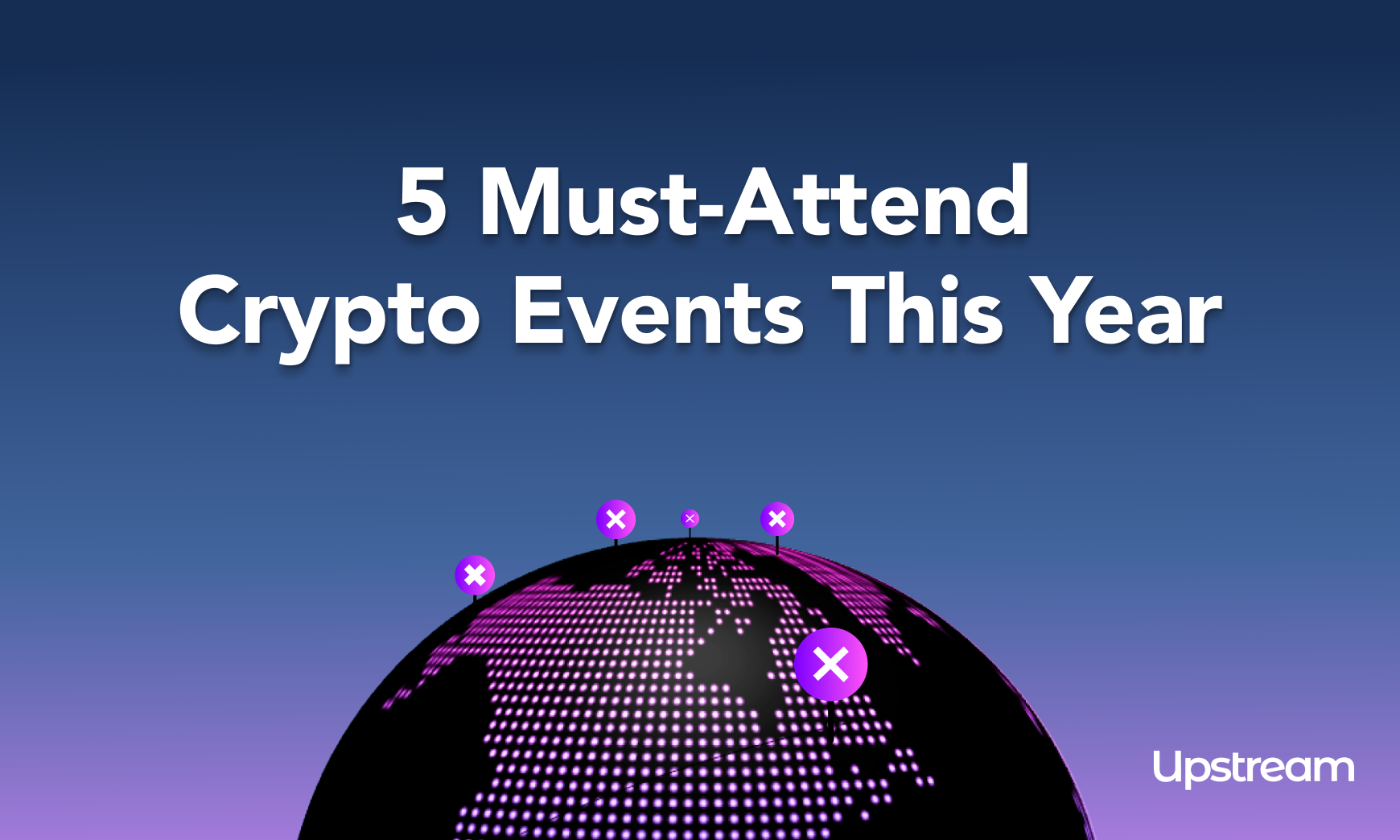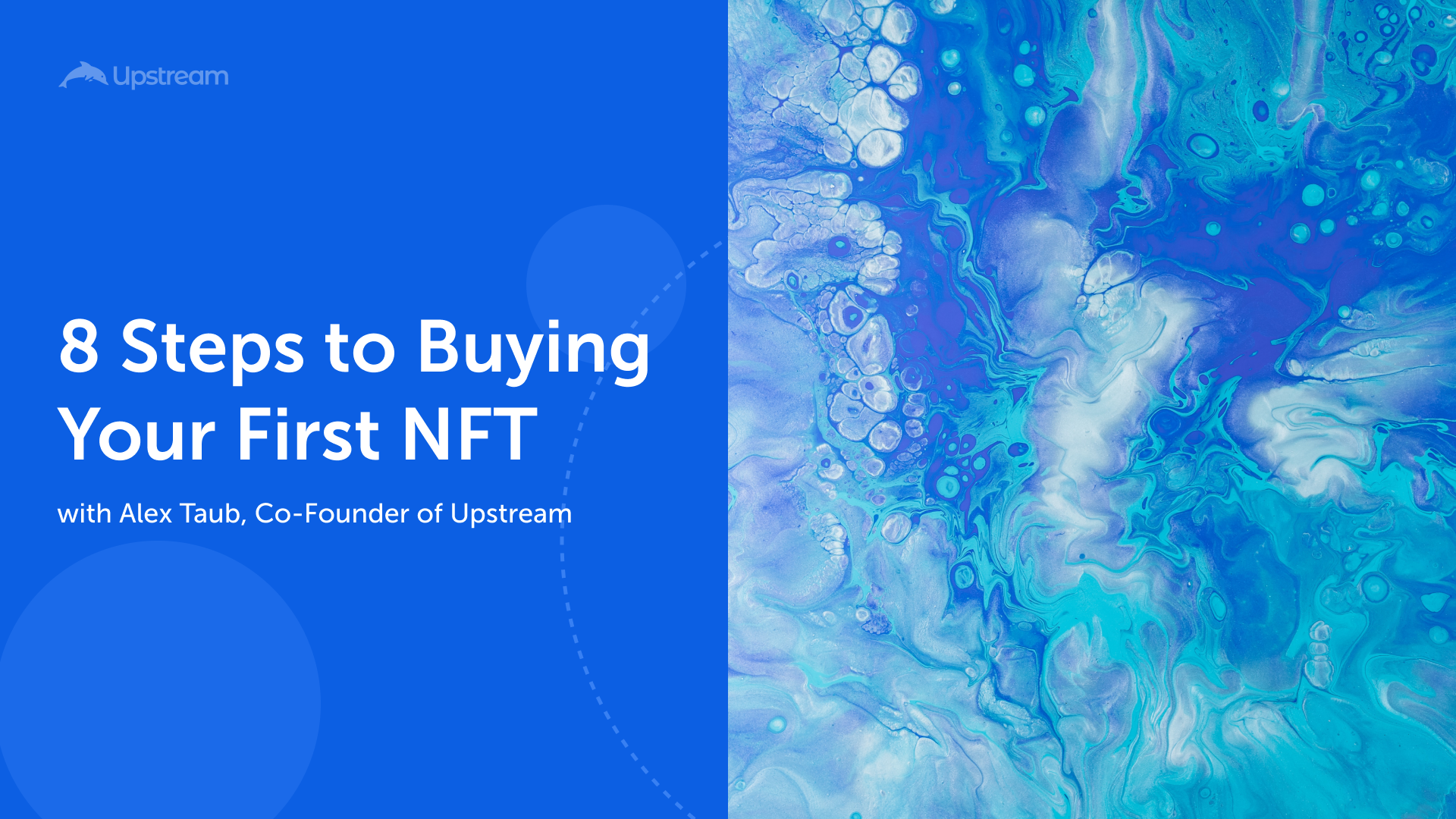
What is a DAO (Decentralized Autonomous Organization)?
What is a DAO? We tackle all the common questions in this post.
If you’ve paid attention to Web3, crypto, or blockchain, chances are that you’ve seen the word "DAO".
But what does that word mean? We tackle all the common questions in this post.
What is a DAO?
In its most basic form, a DAO (decentralized autonomous organization) is a group of people working towards their collective goals in a decentralized way, often involving crypto.
A DAO can range from three friends putting $10 together to buy dinner, to thousands of people building products and managing a billion-dollar DeFi protocol. The shared attributes between them are that they usually have a shared (crypto) wallet and a governance mechanism.
DAOs are formed by a community or group of people. Members pools resources, whether that is money, energy, knowledge, or expertise. The group then decides what to do with these resources collectively to pursue their goals. Finally, the community works to take action towards their pursuits with their resources.
How does a DAO work?
To do something within a DAO, a member needs to propose an action to members. This could be as simple as a poll to decide on options, to as large as a multi-stage proposal process.
Once an action has been proposed, members of the DAO vote on whether they’d like to pursue this action. Votes can be distributed in many ways, but often comes from ownership of a “governance token” that the DAO has created and distributed. Tokens can be earned in a variety of ways from completing tasks, to investing money, to being engaged in the community.
The success of the vote decides whether the DAO moves forward with the proposed actions. This might look like distributing tokens, buying an NFT, or even developing a new project. Some actions can be automated on successful votes, such as the distribution of funds. Others require high amounts of member involvement, such as building products or creating content.
Results of votes and actions of the DAO can be stored on blockchains like Ethereum or Solana. The full process of proposals, voting, and action repeats for the lifespan of the DAO which, depending on the structure, could be infinite.
Why are DAOs important?
DAOs represent an innovation in organizational design and collaboration made possible by development in crypto and blockchain. DAOs have only recently become more mainstream, with many more members and contributors.
The full potential impact of DAOs is not understood entirely. It is yet to be fully articulated what DAOs' competitive advantages are over companies, non-profits, communities, and other types of organizations. Many predict that they will replace these types of organizations in the future. They do provide clear benefits that allow decentralized groups to take action.
It's possible that a future exists where DAOs thrive. Many traditional organizations could become DAOs in the future. People could be working for DAOs in the future as more embrace decentralized autonomous work. We see the beginnings of this in the shift towards remote work, the rise of the creator economy online, and the growth of crypto.
Here’s an example of what a future day in the life of a DAO contributor could look like:
- Start your day by checking the value of your ownership of DAOs and other crypto assets. See what progress and changes have been made to the DAOs you are a part of while you sleep.
- Browse daily DAO bounties, some of which are unlocked and recommended for you based on your known expertise and reputation. Your reputation is formed based on your past work, stored on the blockchain, and is transferable between projects and DAOs.
- Choose a bounty and mark that you are working on it. Have access to pre-payment via DeFi based on your reputation. Use custom-built tools the DAO has funded to complete the work.
- Once completed, submit it for review to the DAO. A select group of members review and approve your work. Funds, tokens, and reputation are instantly distributed to you.
- Read and comment on a major proposal. See what other people you trust are saying and thinking about the proposal. Decide that you will delegate your vote to a trusted, experienced member of the community for this proposal.
- After work, go to a local event that is unlocked by your membership in the DAO. Pay for drinks with your DAO token.
What are examples of DAOs?
At this point, you may be asking yourself, which DAOs should I join? There are many different examples of DAOs. What these organizations do varies: some are working on buying objects, solving climate change, working on scientific innovations, hosting events, funding public goods, managing DeFi protocols, raising money for a cause, and much more.
The size and complexity of DAOs range from a few friends voting on buying an NFT to thousands of contributors voting on what products to develop and invest in.
DAOs largely break down into the categories of social, product, service, and investment. Many DAOs are a combination of multiple categories.
Grant DAOs
Grant DAOs aim to do good for the world, often through charitable giving. Many early DAOs started as ways to give grants and allocate funds to people and projects that need them the most. They didn’t have any expectation of profit.
Examples of grant DAOs include ChoiceDAO, UkraineDAO, and KlimaDAO
Social DAOs
Social DAOs are like social clubs or Web3 communities. They organize for social reasons, to build relationships, make friends, and spend time together. Like a paid community, they use the funds raised through membership to plan social events and activities together.
Examples of social DAOs include FWB, DinnerDAO, KrauseHouse, and Boy's Club
Product
Product DAOs develop, manage, maintain, and potentially sell products and content. Product DAOs fund the development and creation of their product in a variety of ways, from subscriptions to grants to token sales.
Examples of product DAOs include Bankless, Forefront, and CabinDAO
Service
Service DAOs offer services and manage service providers. Often the service providers are owners of the DAO and benefit from its collective success. Many Service DAOs could be described as a freelancer collective whose members come together to do work on projects in a decentralized way.
Examples of service DAOs include VitaDAO and MetaCartel.
Investment
Investment DAOs raise money, invest in assets, and manage ownership. These DAOs pool together money to invest in things they couldn't purchase on their own.
Examples of investment DAOs include ConstitutionDAO, PleasrDAO, AngelDAO, SquiggleDAO, LinksDAO, and CityDAO.
How do I join a DAO?
Some DAOs require ownership to get involved, while others let you in without ownership. Most DAOs require investment (money or contribution) to ensure members remain aligned. DAO operations take time, so expect to start slowly.
If you don’t know where to start, here are some recommendations:
- Ask your friends or followers if they are involved with or know of any DAOs.
- Find a list of DAOs and explore all the options until something catches your eye. These lists are generally categorized to help you find an interesting area such as NFTs, DeFi, social, and many more.
- Ask an internet community you are a part of what a good DAO for you would be. You can often find related DAOs in areas you are interested in.
Once you find a DAO, invest some time into understanding what is happening, who the key members are, and what’s needed to contribute, so you can be an educated contributor. Look at past proposals, how they are funded, and what their mission is.
How does voting work in a DAO?
Once you’ve joined a DAO and started contributing, you may be able to vote on proposals for the DAO and shape how it operates.
Voting rights in a DAO come from the ownership of tokens. For most DAOs, the standard is that one token is equivalent to one vote. These tokens can be either earned from activities or bought by contributing money to the treasury (the treasury is the community’s bank account, held in a wallet). The more tokens you have, the more voting rights you have.
DAOs often use platforms, like Upstream, to manage proposals and voting. They allow users and members to submit new proposals and browse current proposals as well as vote, delegate their vote, or abstain from voting.
How does governance work in DAOs?
When DAOs start, the vast majority, if not all of the proposals, are handled by a few core contributors. It often correlates with the lower number of owners in the DAO. As a DAO grows, it becomes easier for other people to start making proposals.
It has been said that the success of a DAO is directly correlated to how clear and concise it is to make a proposal, how willing people feel to step up into the role of drafting one, and how competent they are at executing the actions on behalf of proposals that are passed.
One thing to note is that transparency is vital for successful DAO governance. If you’re proposing, give your community members ample time to comment on something. When it comes time to bring a proposal to a vote, make sure that you're communicating that so people can submit their votes and be involved to the extent they want to be.
What are the potential and opportunities for DAOs?
There are lots of opportunities for DAOs and potential contributors.
Many DAOs still require people to be crypto savvy to join. This is getting easier, with many DAOs allowing you to join the non-token gated parts of their community without crypto.
To gain ownership and fully involve yourself in the DAO, you have to know how to set up your crypto wallet, how to access the communication platform, and how to purchase the ownership token (on Uniswap or otherwise), among other hurdles. Anything and everything that makes the process to get deeply involved in a DAO easier is good for the space as a whole. Upstream is helping this happen.
The number of people with significant experience in crypto, a compelling idea for a DAO, and an ability to manage a community are low but growing. Now that there are a significant number of DAOs, there are ample opportunities for contribution. As people see more examples of successful DAOs, there will be an increase in DAOs that exist. More people are gaining experience creating and managing DAOs.
With an all-in-one platform like Upstream, creating and being involved in a DAO are easier than ever. We help DAOs and members reach their potential and capitalize on opportunities. If you want to learn more, check out Upstream Collectives.









